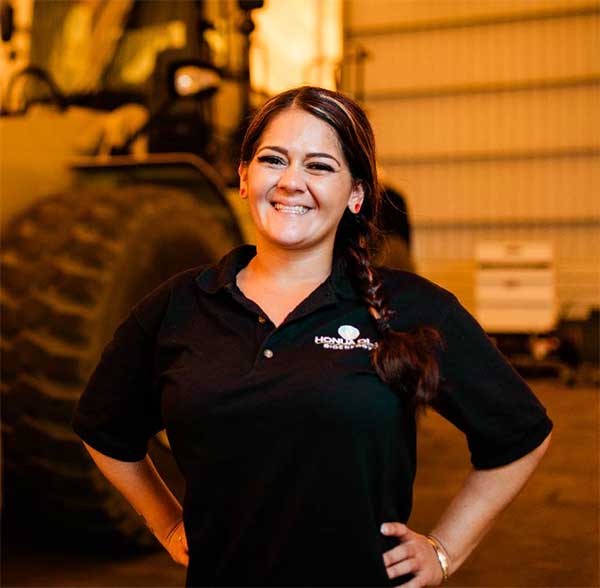Hawai‘i Needs Reliable Firm Energy Options to Replace Imported Oil
Renewable energy technologies can be divided into two groups: “firm” energy which is always available; and “intermittent” energy, like wind and solar, which depends on weather and time-of-day.
Solar and wind provide energy when operating, but they can’t be counted on to keep enough energy on the grid when it’s rainy and cloudy or when the wind doesn’t blow.
Firm sources are always on, producing energy when intermittent sources like solar and wind cannot. And to prevent brownouts or blackouts, firm energy is needed to stabilize the electrical grid.
Unfortunately, most firm energy plants in Hawai‘i use imported oil that generates pollution and emits greenhouse gases responsible for warming the earth. So, to reduce our dependence on oil, we urgently need to build more firm renewable projects, like geothermal, hydroelectric and bioenergy.
Hydroelectric and geothermal aren’t available on every island. But bioenergy projects with an agricultural component can be used statewide. These projects, like Honua Ola Bioenergy, provide always-on energy, support local agriculture, forestry and wood product manufacturing, and create new jobs in a variety of industries.
It’s true that some utility-scale solar and wind projects include batteries that allow energy generated during the day to be stored and released during the peak demand evening hours. Projects with battery storage help provide energy when demand for energy is greatest, but only for approximately four hours. During extended cloudy, rainy weather – or worse, a tropical storm or hurricane – batteries alone can’t do the job.
To meet the state’s goal of 100% renewable energy on every island grid by 2045, we need all available renewable technologies. Bioenergy is an affordable and economically benefcial way to replace fossil fuel oil plants, while keeping the grid stable as more solar and wind projects are added.
Working together, solar, wind, bioenergy, geothermal and hydroelectric provide the best combination of price, reliability and a healthier environment for Hawai‘i’s future generations.

“I have a twelve-year old son.
I wouldn’t stand behind a company
that harms the environment.”
– Jaydi Veriato,
Environmental Health and Safety Officer
